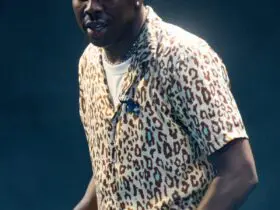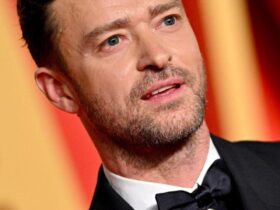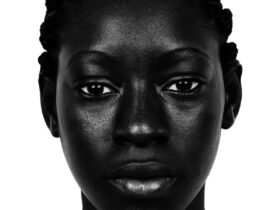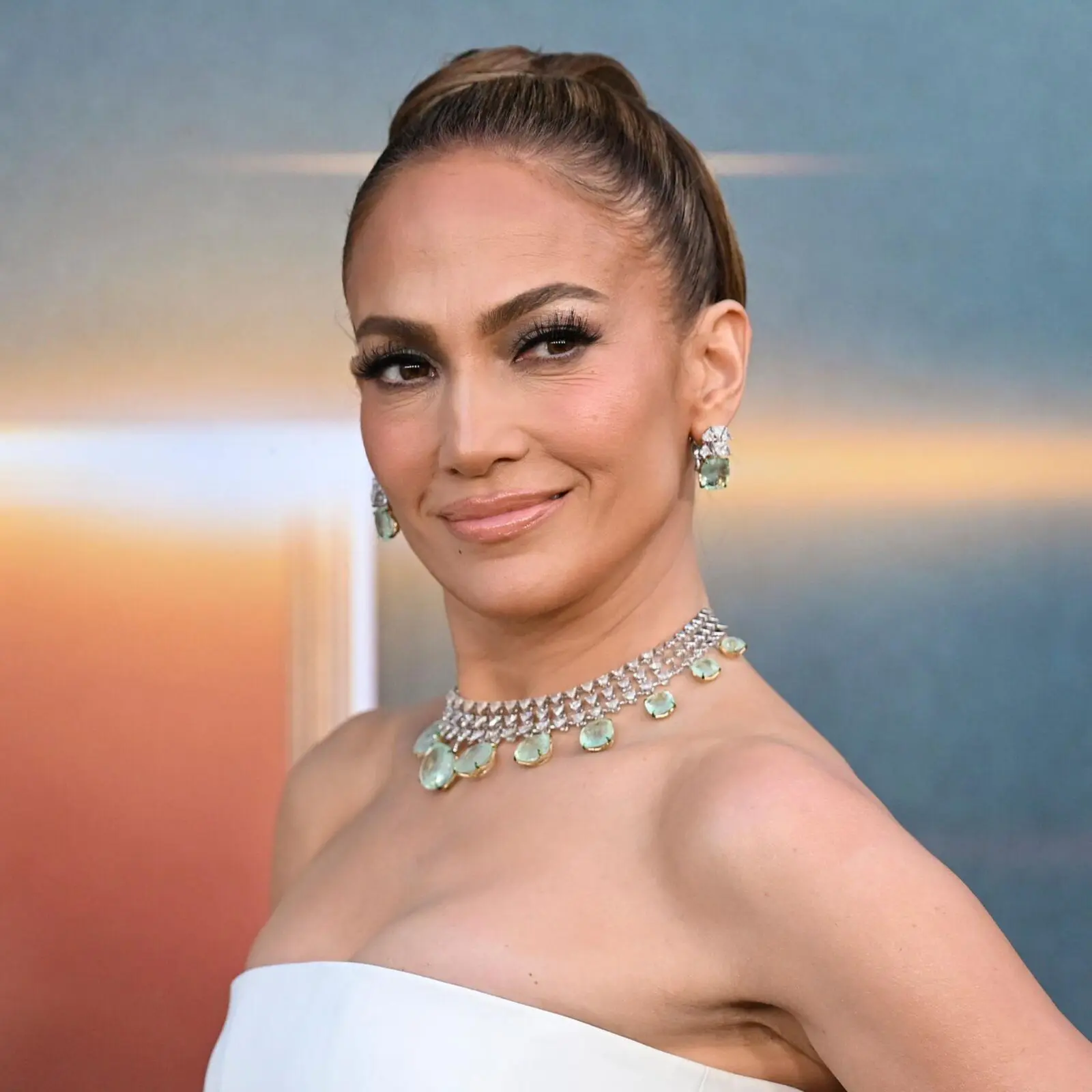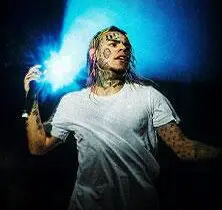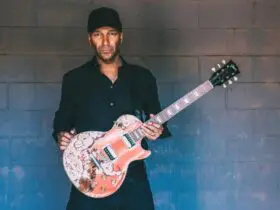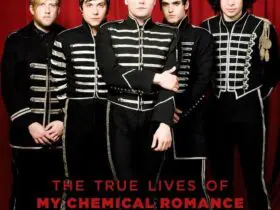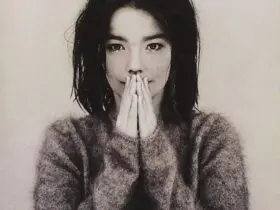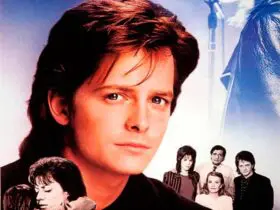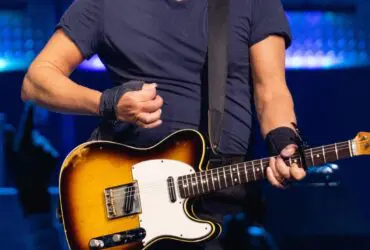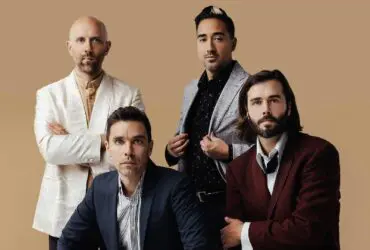A comedian’s controversial remarks spark debate on racism in comedy
The incident that ignited the controversy
In a recent stand-up performance, comedian Tony Hinchcliffe made remarks that have been widely criticized as racist. The comments, directed at another comedian, have sparked a significant backlash within the comedy community and beyond. The incident has raised important questions about the boundaries of humor and the responsibilities of comedians in addressing sensitive topics.
The context of the remarks
During his set, Hinchcliffe used derogatory language and stereotypes that many found offensive. The remarks were made in the context of a joke, but the impact was far from humorous for many in the audience and those who later viewed the performance online. The incident has been seen as a reflection of broader issues of racism and insensitivity in the entertainment industry.
The response from the comedy community
The reaction from fellow comedians and industry professionals has been swift and varied. Some have condemned Hinchcliffe’s remarks, calling for greater accountability and sensitivity in comedy. Others have defended the comedian, arguing that humor often pushes boundaries and that the intent behind the joke should be considered.
A call for accountability
Many in the comedy community have emphasized the need for comedians to be mindful of the impact of their words. They argue that while comedy often involves pushing boundaries, it should not come at the expense of marginalized groups. This perspective highlights the importance of responsibility and awareness in crafting jokes that address sensitive topics.
The defense of free speech
On the other hand, some comedians and fans have defended Hinchcliffe, citing the importance of free speech and the role of comedy in challenging societal norms. They argue that comedians should have the freedom to explore controversial topics without fear of backlash, as long as the intent is to provoke thought and discussion rather than harm.
The broader implications for the entertainment industry
The controversy surrounding Hinchcliffe’s remarks is part of a larger conversation about racism and representation in the entertainment industry. This incident has highlighted the need for greater diversity and inclusion in comedy and other forms of entertainment.
The role of diversity in comedy
Increasing diversity in the comedy industry can help ensure that a wider range of perspectives and experiences are represented. This can lead to more nuanced and thoughtful humor that resonates with a broader audience. Efforts to promote diversity can include supporting comedians from underrepresented groups and creating platforms for diverse voices.
The impact of representation
Representation in comedy and entertainment more broadly can have a significant impact on societal attitudes and perceptions. Positive and accurate representation of marginalized groups can challenge stereotypes and promote understanding. Conversely, harmful or insensitive portrayals can reinforce negative biases and contribute to discrimination.
Moving forward: lessons and reflections
The incident involving Tony Hinchcliffe’s remarks serves as a reminder of the power of words and the importance of responsibility in comedy. As the industry continues to evolve, it is crucial for comedians and other entertainers to be mindful of the impact of their work and to strive for greater inclusivity and sensitivity.
Embracing change in comedy
The comedy industry has the potential to be a powerful force for positive change. By embracing diversity and promoting thoughtful and inclusive humor, comedians can contribute to a more equitable and understanding society. This requires a commitment to ongoing learning and reflection, as well as a willingness to listen to and amplify marginalized voices.
The importance of dialogue
Open and honest dialogue about the challenges and opportunities in comedy can help foster a more inclusive and respectful industry. This includes acknowledging past mistakes, learning from them, and working together to create a more positive and inclusive environment for all.
Conclusion
The controversy surrounding Tony Hinchcliffe’s remarks has sparked an important conversation about the role of comedy in addressing sensitive topics and the responsibilities of comedians. By embracing diversity, promoting thoughtful humor, and engaging in open dialogue, the comedy industry can continue to evolve and contribute to a more inclusive and understanding society.
For more information on Tony Hinchcliffe, visit Tony Hinchcliffe.


